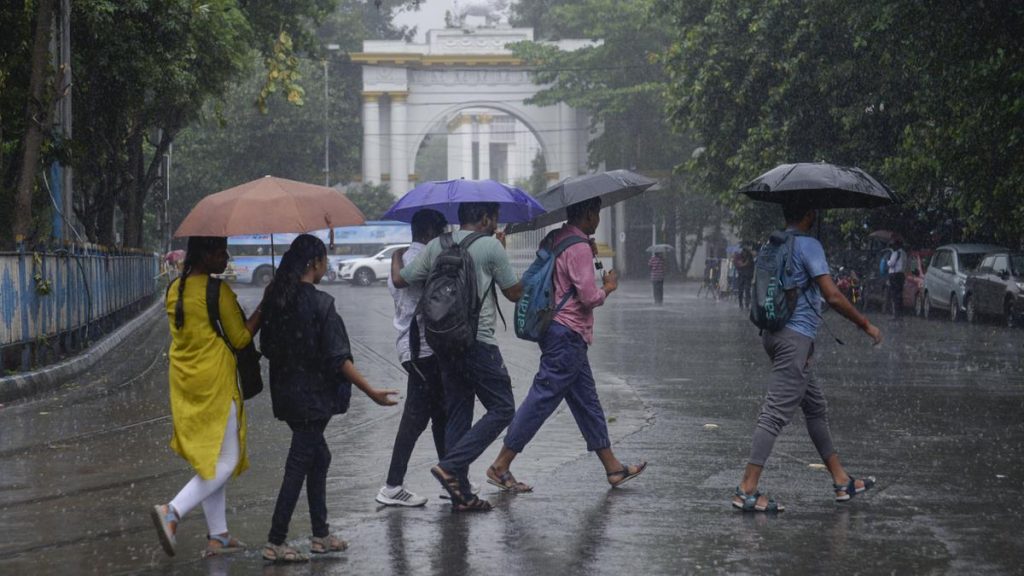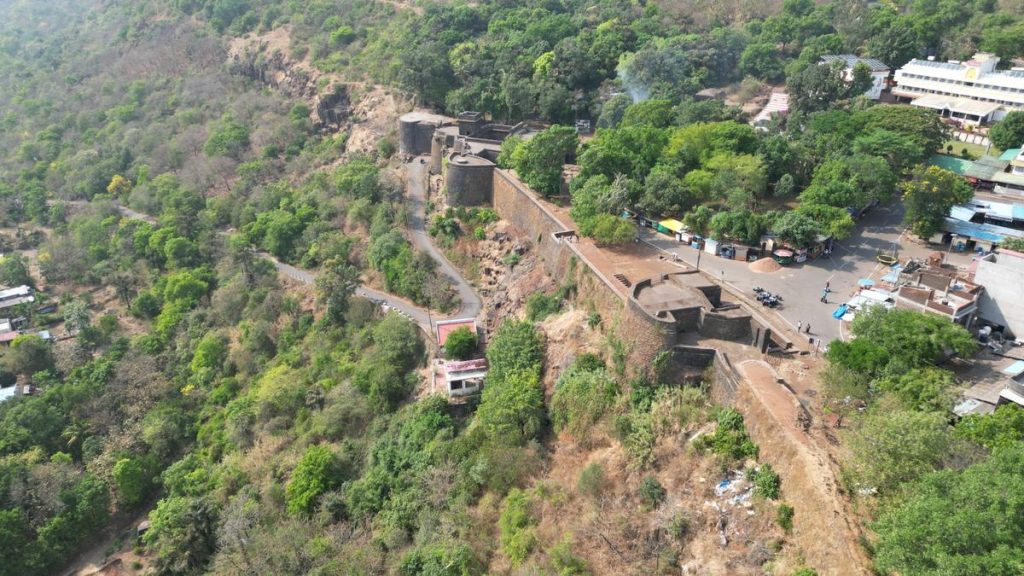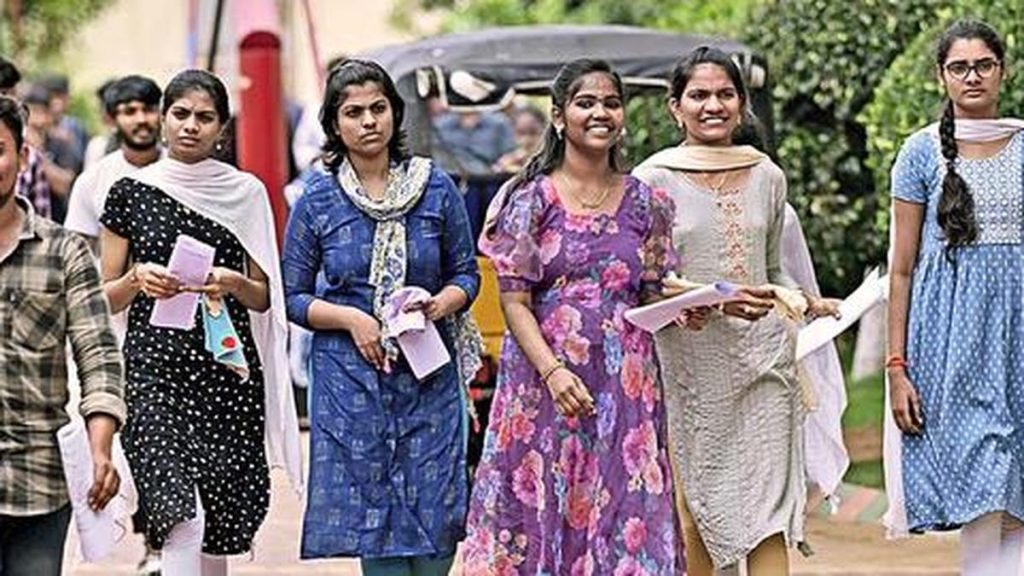Now Reading: आज के दिन कसाब को मिली थी फांसी, आतंक पर कड़ा प्रहार
-
01
आज के दिन कसाब को मिली थी फांसी, आतंक पर कड़ा प्रहार
आज के दिन कसाब को मिली थी फांसी, आतंक पर कड़ा प्रहार

Quick Summary
- Mumbai Attacks (26/11): Pakistan-based terror group Lashkar-e-Taiba sent 10 attackers via sea to Mumbai on November 26,2008. Key targets included CST Station, Taj Hotel, Oberoi Trident Hotel, and Nariman House.
- Casualties: The attack resulted in the death of 166 people (including 26 foreigners) and injuries to over 300. A significant operation by Indian security forces lead to the killing of nine terrorists.
- ajmal Kasab’s Capture: Ajmal Kasab was caught alive on November 27 at Juhu Chowpatty by Mumbai Police; constable Tukaram Omble sacrificed his life during the arrest.
- Trial Proceedings:
– Kasab admitted guilt initially but later retracted his statements. Identified during witness parades and charged with multiple crimes including mass murder and waging war against India.
– Special court sentenced him to death on May 6, 2010; High Court (2011) and Supreme Court (2012) upheld this decision. he showed no remorse throughout legal proceedings.
- execution: Kasab was hanged under “Operation X” in Pune’s yerwada Jail on November 21, 2012, following denial of clemency appeal by President Pranab Mukherjee. His body was buried within the jail premises after Pakistan rejected its repatriation.
- Costs: Approximately ₹29.5 crore was spent on his security from arrest till execution.
Indian Opinion Analysis
The story of Ajmal Kasab encapsulates India’s strong judicial processes and commitment toward counter-terrorism despite challenges ranging from international diplomacy issues with Pakistan to massive financial costs incurred for his security until execution.
Kasab’s capture alive provided invaluable intelligence about terror networks originating across borders while showcasing operational bravery among personnel like Tukaram Omble who made supreme sacrifices for duty. However, prolonged legal procedures demonstrate both meticulous adherence to justice and high fiscal burdens associated with such cases-₹29.5 crore being a noted concern.The broader implication extends beyond any single perpetrator-it sends a decisive message reinforcing India’s zero tolerance against acts targeting civilian safety or national sovereignty while questioning how swift measures must balance humane judicial review against urgency in punishing perpetrators of terrorism effectively.




























